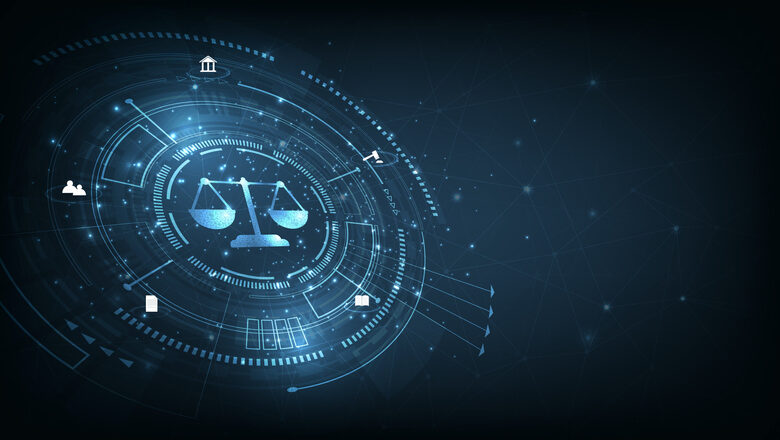U.S. Chief Justice Foresees AI’s Transformative Impact on Law, Upholds Role of Lawyers

In the Federal Judiciary’s year-end report on December 31, U.S. Chief Justice John Roberts delved into the realm of artificial intelligence (AI), addressing its evolving role within the legal landscape.
Roberts began by reassuring the public of the enduring significance of judges in the face of rapid technological advancements.
“As 2023 draws to a close with breathless predictions about the future of artificial intelligence, some may wonder whether judges are about to become obsolete. I am sure we are not—but equally confident that technological changes will continue to transform our work,” he asserted.
Highlighting the irreplaceable nature of human decision-making, Roberts emphasized the importance of nuanced judgment. “Nuance matters: Much can turn on a shaking hand… a moment’s hesitation, [or] a fleeting break in eye contact,” he explained.
The Chief Justice underscored the inherent trust placed in human judgment, acknowledging the limitations of machines in perceiving these subtleties and rendering decisions.
Expressing concerns about AI-generated responses, Roberts cautioned against the potential for fabricated information or “hallucinations.” He pointed out times when a computer program using AI made up information that was then used in legal papers. He warned about the problems with this kind of technology, saying it could have ethical issues and might not always be accurate. Also, he talked about how AI might invade people’s privacy and make unfair decisions in things like judging if someone might flee or commit a crime again.
Despite these apprehensions, Roberts acknowledged the potential advantages of AI integration within the legal sphere. Notably, he highlighted its capacity to enhance access to legal tools and advice for individuals unable to afford legal representation.
The impact of AI on the legal system holds relevance for the evolving crypto sector, especially considering the recent surge in regulatory actions against numerous projects. With over 600 cryptocurrency-related cases documented in a report by Morrison Cohen LLP, including regulatory and class-action suits, the escalating litigation within the crypto domain suggests a growing need for efficient handling of legal processes.
While Roberts did not specifically address crypto-related cases, he affirmed that various AI applications undeniably assist the judicial system. He anticipated a substantial influence of AI, particularly at the trial level, as stakeholders increasingly embrace this technology, potentially streamlining processes and managing the influx of information in a field grappling with expanding litigation.





